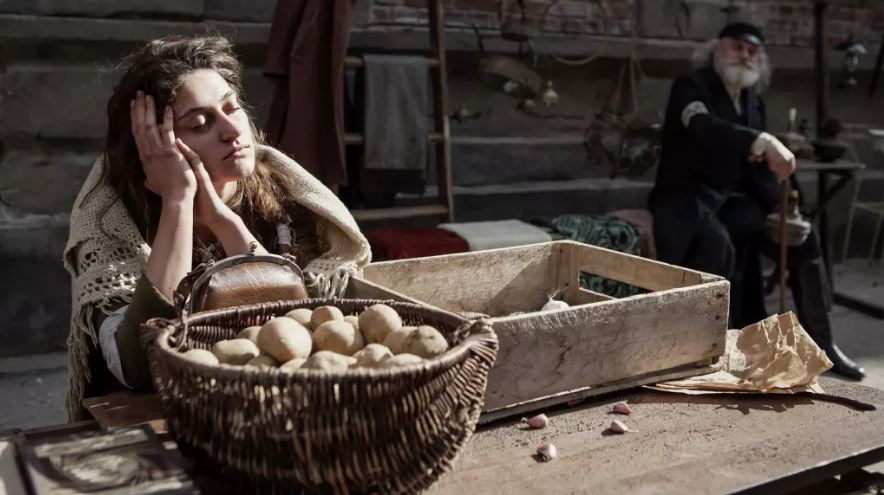Those of us with familial links to the Holocaust have reason enough to keep reflecting on the Holocaust. Whether future generations will feel the same demand to hear the exhortations of those murdered, is not so obvious. One can only hope that the Holocaust remains, if not vividly present as the last survivors die, at least as a powerful moral lesson. The question we now face is how best to represent that history.
Hollywood has exploited the dramatic potential, delivering more or less mythologised narratives of evil versus good. Documentary evidence exists courtesy of the meticulous Nazi record keeping and survivors’ testimonies and has provided filmmakers with rich material. Their films individually chronicle the fate of European Jewry; collectively they are an act of remembrance.
Who Will Write Our History recounts the remarkable decision to chronicle daily life in the Warsaw ghetto, to provide an archive of eyewitness accounts for future generations. Prior to the Nazi invasion, Warsaw was home to more than 100 modern Jewish schools, the publication of six Yiddish daily newspapers, and a Yiddish Literary Union of 400 members. Anti-Semites would describe this flourishing community as “a state within a state”.
Read the review by Louise Adler in The Sydney Morning Herald.

